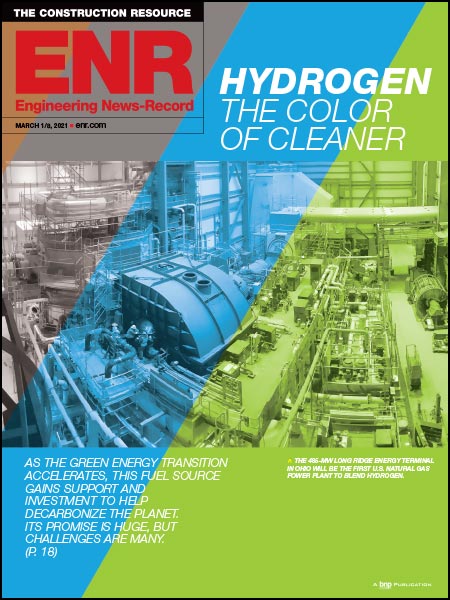House and Senate negotiators approved a wide-ranging energy bill after rejecting more than a dozen proposed amendments from Democrats, sending the measure to the House floor. The conference agreement, cleared just before 11 p.m. on Nov. 17, was signed by all the Republican negotiators and three Senate Democrats. The House was expected to pass the bill on Nov. 18 and there was a chance the Senate might begin debating it later that day. A Senate Democratic filibuster was a possibility.
The Senate side of the conference gave highway construction advocates some hope when they narrowly approved an amendment from Max Baucus (D-Mont.) to offset the revenue lost to the Highway Trust Fund from ethanol-based fuels. But that victory was short-lived: House conferees rejected the Baucus amendment several hours later, and the Senate side went along with the House decision.
|
The package covers a wide swath of the energy field, distributing an estimated $23.5 billion in tax breaks and $5.4 billion in direct federal spending over the next 10 years among oil, gas, coal, nuclear power, renewable sources and conservation activities and projects .
For construction, it seeks to spark construction of a $20-billion natural gas pipeline from Alaska's North Slope to Chicago; ease siting restrictions for transmission lines and stimulate building new nuclear reactors.
Other elements of the conference agreement include:
•$18 billion in federal loan guarantees for the Alaska gas pipeline, plus accelerated depreciation and a tax credit for the project.
•Sets goal of expanding U.S. ethanol fuel production to 5 billion gallons by 2012, up from estimated 2.7 billion gal. this year. Doesn't mandate offset of revenue lost to Highway Trust Fund.
•Repeal of the New Deal-era Public Utility Holding Company Act, thus easing restrictions on mergers between utility companies.
•a $1-billion program over 10 years funded in part by oil royalties to restore and protect threatened U.S. coastal area lands and habitat and infrastructure. About half of the money will go to Louisiana.
•Incentives to spark construction of nuclear reactors that use advanced technology.
•Renews Price-Anderson Act nuclear liability protection for 20 years.
•Aims to boost clean coal technology through authorizations of about $600 million a year for Dept. of Energy research and development, plus $1.8 billion to DOE for a "Clean Coal Power Initiative," funding projects with clean coal technology that can reduce emissions of pollutants.
•Mandates 20% cut in energy used in federal buildings by 2013, with funding for efficiency programs.
•Directs the Federal Energy Regulatory Commission to start an incentive-rate rulemaking to boost spending on electricity transmission.
≺Provides for establishing electricity reliability standards that would be mandatory, not voluntary.
•Expedites siting of transmission lines on federal and private land; broadens to electricity transmission lines the same kind of federal eminent domain now in place for gas pipelines.
•Delays implementation of FERC's Standard Market Design for utility companies until Dec.31, 2006, though utilities can choose to join Regional Transmission Organizations voluntarily before that date.
•Gives producers of the gasoline additive MTBE liability protection.


Post a comment to this article
Report Abusive Comment